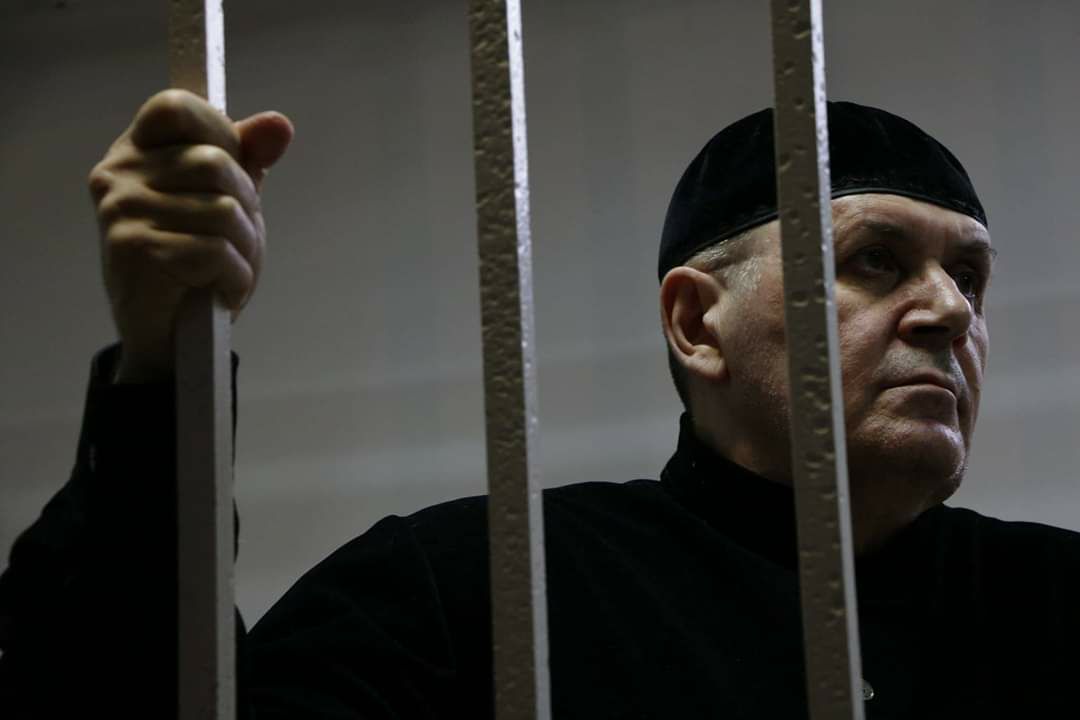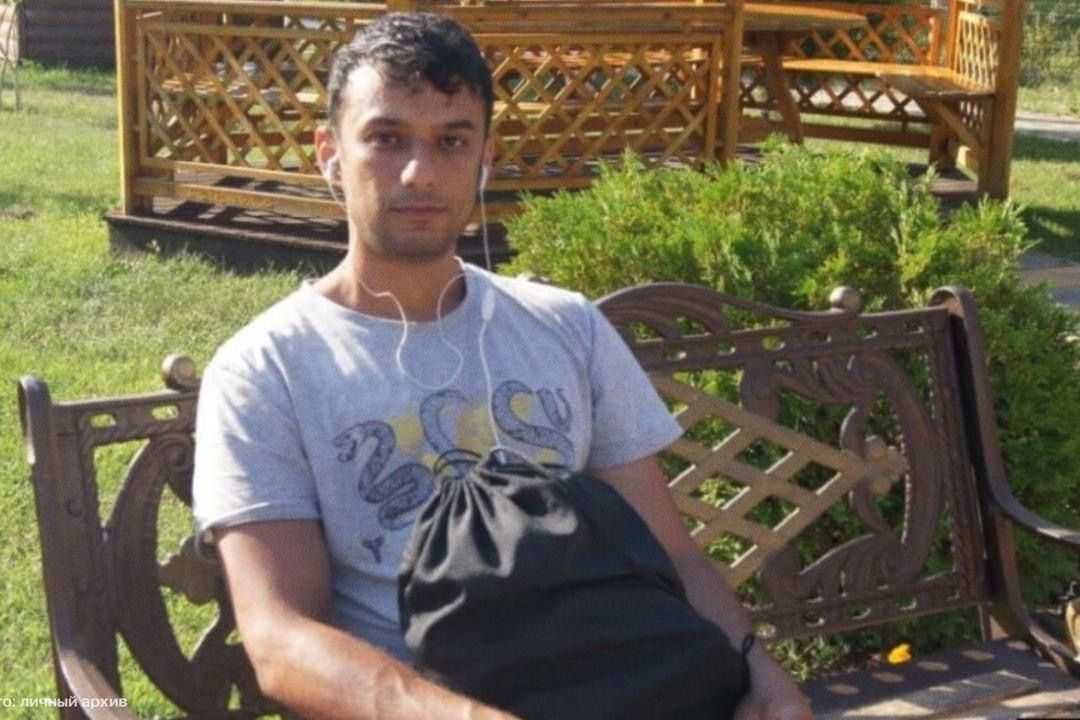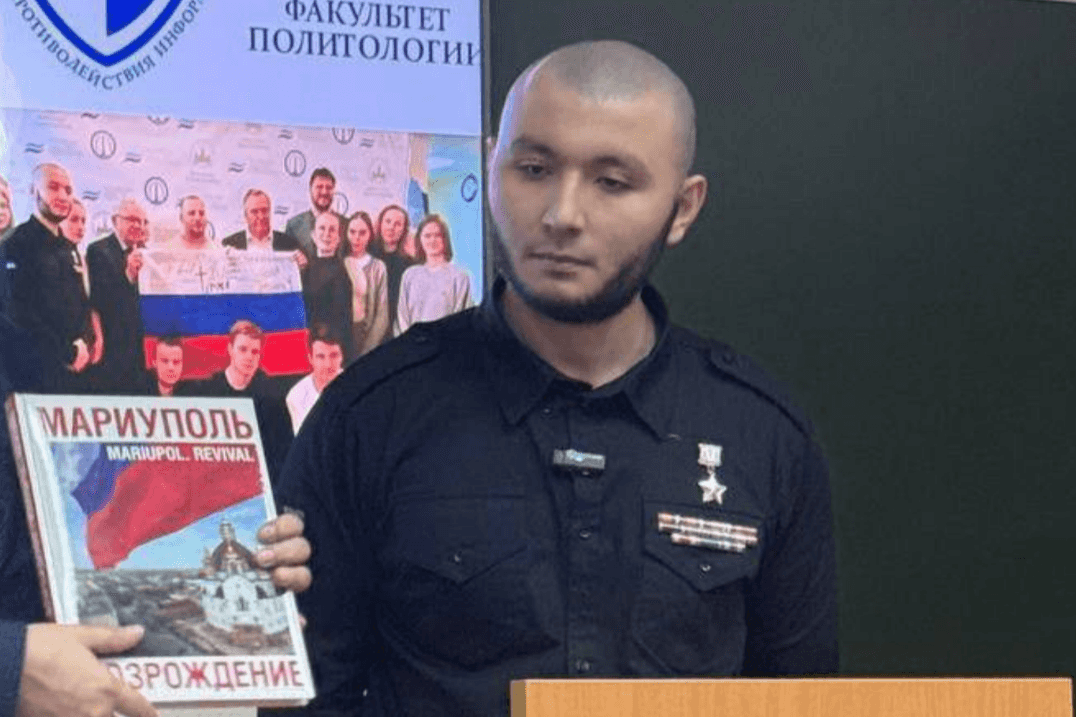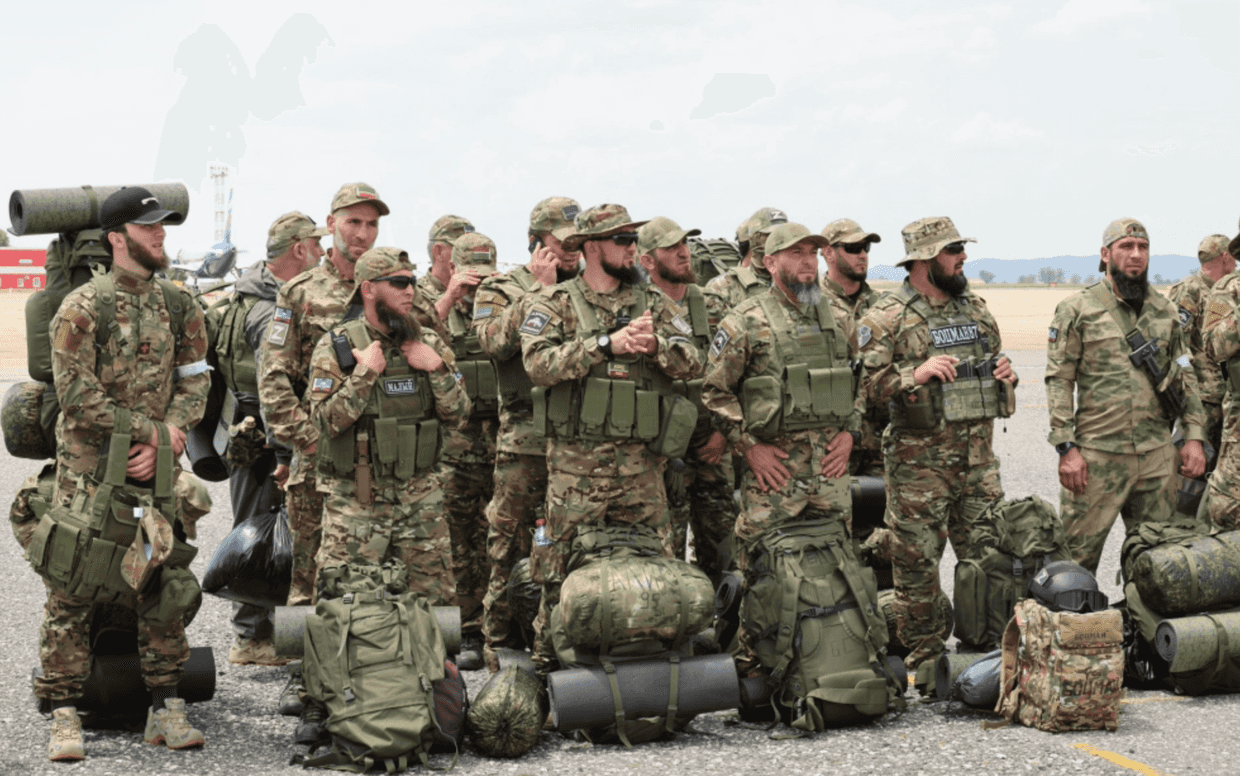

A court in the Russian Republic of Chechnya has granted parole to Oyub Titiyev, the head of the Chechen branch of Russian rights group Memorial.
Chechnya’s Shali District Court made the decision on 10 June, meaning if prosecutors do not appeal he could be released on 20 June.
Titiyev was sentenced to four years in a penal colony for illegal possession of drugs on 18 March by the Shali District Court of Chechnya.
[Read more on OC Media: Chechnya sentences rights activist Oyub Titiyev to four years in prison]
Titiyev refused to appeal the verdict but repeatedly filed a complaint with the Investigation Department of Russia and demanded that the police officers who, according to him, planted drugs on him be brought to justice, however no response followed.
After a judge downgraded the category of Titiyev’s crime from a ‘grave crime’ to one of ‘average gravity’, Titiyev was eligible for parole after serving a third of his four-year term.
‘Will be released if no one appeals the court’s decision’
Petit Zaikin, a lawyer for Titiev, told Russian state-owened news agency RIA Novosti that Titiyev’s parole hearing was held in the penal colony in Argun where he was serving his sentence. Zaikin said that the petition for his release was supported both in the prosecutor’s office and in the administration of the colony.
According to him, for this the convict must serve at least one third of the term assigned to him and not commit disciplinary offenses.
According to RIA Novosti, Zaikin indicated in the petition that Titiyev had a family, a permanent place of residence, and a job.
A spokesperson for the Memorial Human Rights Centre told OC Media that they had all hoped for his release on parole, including Titiyev himself, which is why he did not appeal the verdict.
‘Titiyev will be released in just ten days, but only if no one appeals against this decision of the court’.
‘There was already a precedent with Chechen journalist Zhalaudi Geriev. The court granted the petition of the defence for his release on parole. However, the Prosecutor’s Office appealed this decision and Geriev served a full term’, the spokesperson said.
Chechen journalist Zhalaudi Geriev was sentenced to three years in prison on charges of possessing cannabis. Memorial recognised Geriev as a political prisoner.
‘Educating and Correcting’
The head of Chechnya, Ramzan Kadyrov, wrote on his Telegram channel that he welcomed the decision to release Titiev on parole.
‘I always advocate for punishment to pursue the goal of educating and correcting a person’, Kadyrov wrote.
He expressed confidence that if the court found it possible to release Titiyev early from his first time, then all the circumstances must have been examined and an objective decision made.
In February, the European Parliament adopted a resolution calling for Titiyev’s immediate release. In 2018, Titiev received the Vaclav Havel Human Rights Prize from the Parliamentary Assembly of the Council of Europe, as well as the Moscow Helsinki Group Award for human rights activities.
‘Enemies of Chechnya’
Titiyev’s arrest followed calls from Magomed Daudov, Chechnya’s parliamentary speaker, in December 2017 to ‘remove’ Chechnya’s ‘enemies’, those reporting human rights violations to the West, ‘from healthy society’.
In August 2018, Chechen leader Ramzan Kadyrov publicly stated that human rights activists were not welcome in Chechnya and that after Titiyev’s trial, the republic would be ‘off-limits’ to them.
‘I am officially saying to human rights defenders: when a verdict is out, for them, Chechnya is forbidden territory, like for terrorists, extremists and people like them’, Kadyrov said.
In January 2018, Kadyrov publicly called Titiyev a ‘drug addict’.
Before his arrest, Titiyev and Memorial had been active in reporting human rights violations and abuses of power by law enforcement in Chechnya, including persecutions, ill-treatment and torture, and summary executions.
Titiyev, who has a 17-year record of human rights advocacy, became the head of Memorial in Chechnya following the death of Natalya Estermirova. Prominent human rights advocate herself, Estermirova was abducted and murdered in Ingushetia in 2009.
Since Titiyev’s arrest, Memorial has been subject to a number of attacks in the North Caucasus. In January 2018, their office in Ingushetia was burned down. The same month, a car belonging to Memorial’s Daghestani office was set alight. The staff of the Daghestani branch were also targeted with threatening letters and phone calls, and one member was assaulted in March.
None of those incidents was fully investigated by the authorities, according to Kavkaz Realii.
In his court testimony in December, Titiyev said his son and other relatives were also targeted with threats.
According to Memorial, on 11 March, the Russian Justice Ministry launched a probe into Memorial as a possible undeclared ‘foreign agent’ operating in Russia.
Under the law on ‘foreign agents’, in force since November 2012, all public organisations that receive funding or other property from foreign states and participate in ‘political activity’ are obliged to inform the authorities of their existence and to accept the status of ‘foreign agent’. Many international organisations and foreign governments have condemned the adoption of this law and urged the authorities to repeal it.









